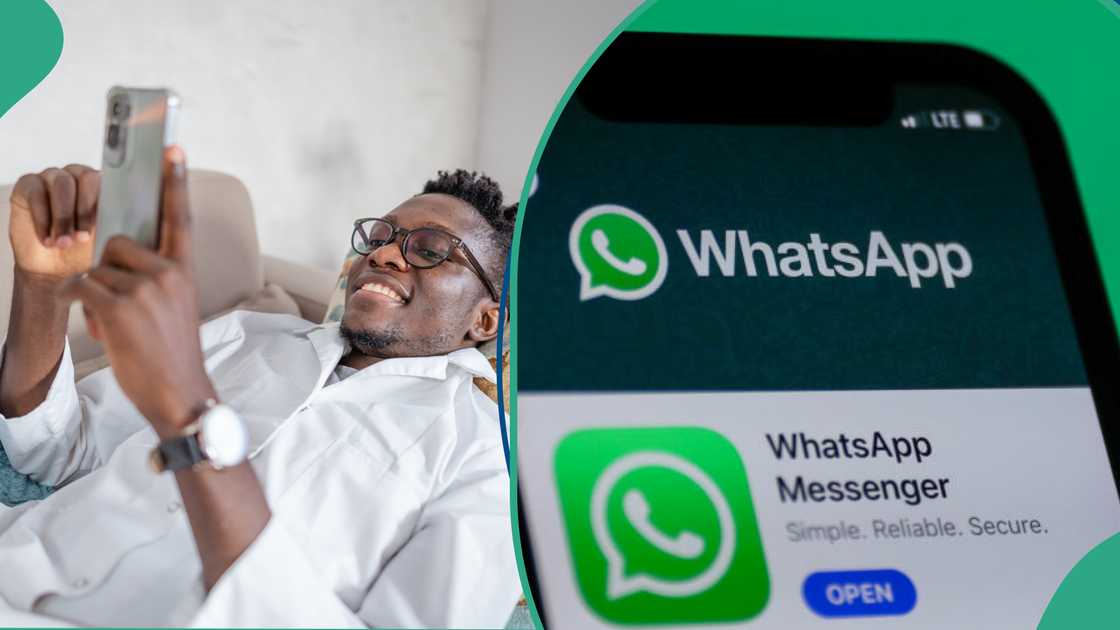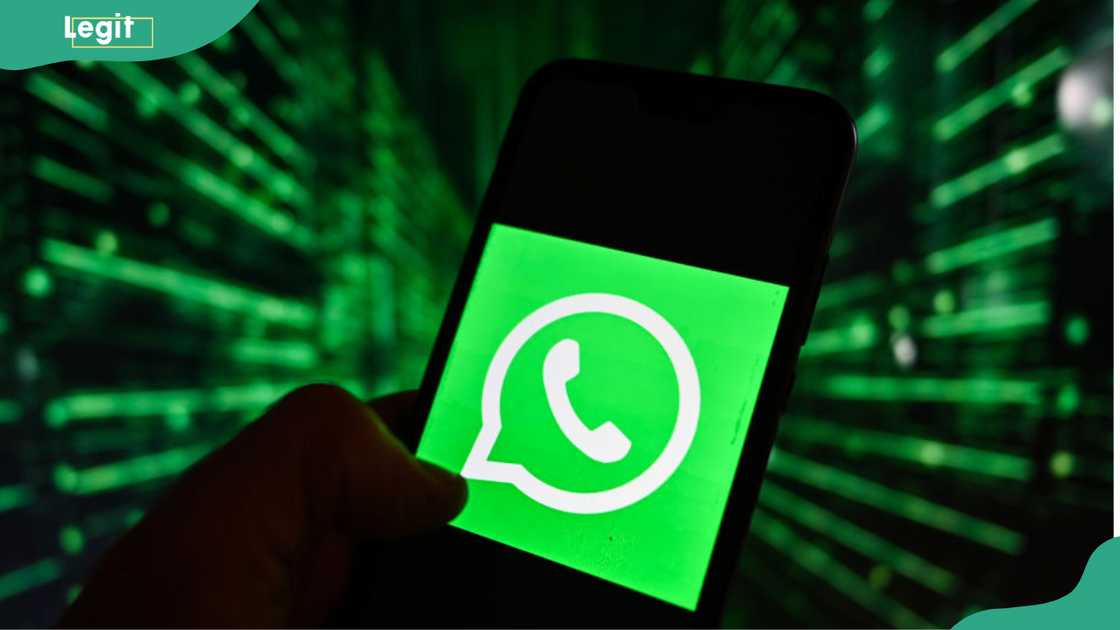In a major move that could reshape the WhatsApp experience for millions across Nigeria, Ghana, and Africa, the popular messaging platform is preparing to introduce a new feature allowing users to reserve personalized usernames. This update, detected in the WhatsApp beta for Android version 2.25.28.12, represents a significant shift in how users will manage their identities on the app—and could have broad implications for privacy, connectivity, and digital culture on the continent.
Unlike in the past, where WhatsApp relied exclusively on phone numbers for identification and contact, this update will let users secure unique usernames ahead of the official rollout. By introducing this reservation system, WhatsApp aims to ensure that everyone, from tech-savvy Lagos youth to business owners in Accra, has a fair shot at claiming their preferred names before high-demand handles are snapped up by early adopters.
The forthcoming feature, as reported by WABetaInfo, not only levels the playing field for users but also brings WhatsApp’s identity management more in line with other social platforms like Telegram, Twitter, and Instagram, which have long made use of usernames. It signals WhatsApp’s intent to prioritize personalization and privacy in a rapidly evolving digital landscape, especially as concerns about online anonymity and security continue to rise.
Sources close to WhatsApp have indicated that the release of the username reservation feature will be gradual. This staged roll-out is intended to track performance, address technical hitches, and incorporate user feedback, especially from diverse markets where digital infrastructure, user behaviour, and internet penetration rates can vary widely.
How the WhatsApp Username System Will Work
According to official guidelines shared by WhatsApp, usernames will come with specific rules: they must not start with “www.”, must include at least one letter, and can only consist of lowercase letters, numbers, periods, and underscores. This is meant to prevent confusion with web addresses and to keep handles easy to remember and type.
Tech observers note that this change could make WhatsApp more attractive to users who value privacy. As reported by GSMA, many people—especially in business, education, and diaspora communities—prefer not to reveal their private phone numbers in group chats or to new contacts. Usernames would give Nigerians, Ghanaians, and others across Africa more control over how they connect and share.
There’s currently no official timetable for the complete roll-out, but insiders say WhatsApp is actively preparing for a public launch in the coming months. Eager users and businesses are advised to keep an eye on app updates to ensure they’re among the first to reserve their preferred handles.

Source: UGC
What This Means for Users Across Nigeria and Africa
For everyday WhatsApp users across West Africa, this development could not be more timely. Recent years have seen growing demand for privacy and the ability to separate business or public interactions from personal ones. The username system will cater to professionals who want to share contact info more securely, social influencers looking to promote their brand, and young people seeking more creative digital identities.
“People in Nigeria use WhatsApp for everything—from sharing business contacts on street markets in Onitsha to running family groups in Makurdi, and even for school assignments,” said Dr. Kemi Adeyemi, a digital culture analyst based in Lagos. “Giving users the option to pick their own handle is a big leap towards making the platform friendlier and more flexible for local needs.”
Importantly, the update may also encourage more people to join WhatsApp, including those cautious about sharing their phone numbers online. “We have many young women wary of giving out their numbers, especially in large groups or public spaces. Usernames can offer a safer, less intrusive way to connect,” noted Chukwuemeka Okoli, a tech entrepreneur from Enugu.
Other Upcoming WhatsApp Changes to Watch Out For
The introduction of the username reservation tool is just the latest in a series of updates WhatsApp plans to deploy on both Android and iOS platforms. While details remain under wraps, sources suggest further features to boost privacy, streamline group management, and support more local languages will follow soon.
- Enhanced privacy controls for group chats
- More robust data encryption and two-step verification options
- Integration of business and professional features for SMEs
- Increased support for African languages
These changes echo Meta-owned WhatsApp’s global push to keep the platform relevant and responsive to the millions of users in Africa, a region that, according to Statista, is among the fastest growing WhatsApp markets worldwide.
WhatsApp Will End Support for Some Older Devices
While the username feature spells a welcome upgrade for many, it will not reach everyone. According to recent reports, WhatsApp will soon stop functioning on some older Android and iPhone models. This could have implications in both urban and rural Nigeria, where second-hand or handed-down phones remain popular.
As reported by WABetaInfo, these changes are a result of regular maintenance, security upgrades, and performance enhancements aimed at ensuring WhatsApp continues working smoothly with recent devices and operating systems. Unfortunately, older feature phones and legacy smartphone models may soon lose access to WhatsApp’s services. Users are advised to check the compatibility of their devices and consider upgrading if needed to stay connected.
Why the Username Update Matters in West Africa
In Nigeria and Ghana, WhatsApp isn’t just another chat app—it is an essential tool for business, news distribution, faith communities, campus organizing, and family life. More than 95% of Nigeria’s internet users reportedly access WhatsApp regularly, often using it for everything from mobile banking notifications to election updates.
The potential to shed reliance on phone numbers for everyday contact can be transformative, especially in settings where SIM card swapping, number recycling, and privacy anxieties are common. As seen in other platforms, claiming a unique username early can make a difference for business branding, influencer visibility, or simply staying connected securely.
Potential Challenges—and What to Watch
Despite the promise, not all perspectives are positive. Some digital rights advocates have called for transparency in how WhatsApp will handle username disputes or misuse. There are also concerns about whether rural and low-literacy users will easily adapt to the new system, and whether local scammers or fraudsters might try to impersonate brands or personalities with similar handles.
WhatsApp has not yet issued detailed guidelines on how challenges or conflicts over usernames will be managed, nor clarified how it will protect high-profile individuals, government agencies, or corporate brands from impersonation. Nigerian civil society groups and businesses are watching closely to ensure the rollout is equitable and secure.
The Global Context—and Africa’s Digital Future
Globally, the movement towards usernames underlines WhatsApp’s approach to competing with other messaging services that already use unique handles. In countries like India and Brazil, username-based contact has become a norm for both privacy and branding reasons. For Africa, where digital transformation is often driven by mobile technology, this update could help further democratize access to secure communication—and set the stage for more advanced features in the coming years.
Ultimately, whether this new system is a positive change will depend on its real-world rollout: How effective are the privacy protections? How easy is it for everyday Nigerians and Ghanaians—regardless of income or location—to reserve and use their handles? And what support will WhatsApp provide for those whose phones are left behind by new upgrades?
As excitement builds and questions remain, all eyes are on WhatsApp to deliver an update that balances innovation with accessibility and fairness for Africa’s digital communities.
How do you feel about WhatsApp introducing usernames? Will this make the app easier and safer for you to use? Share your experiences in the comments and let’s keep the conversation going!
For general support, reach out at support@nowahalazone.com.
Connect with us and stay updated on the latest WhatsApp and tech news—follow us on
Facebook,
X (Twitter), and
Instagram!










